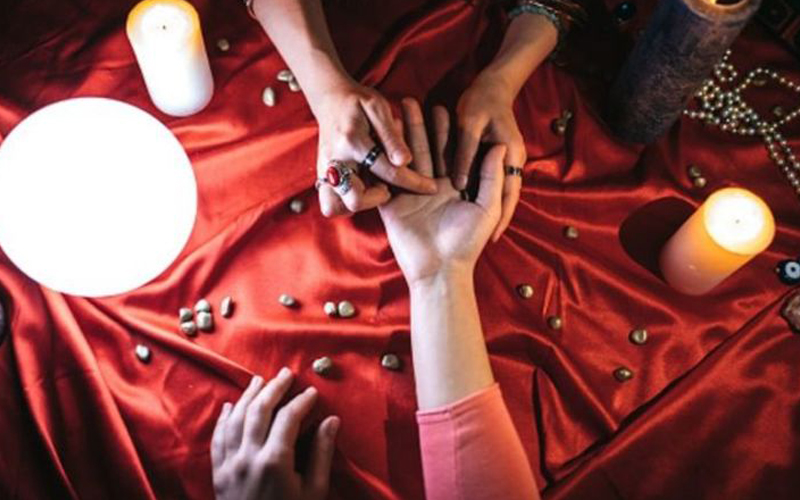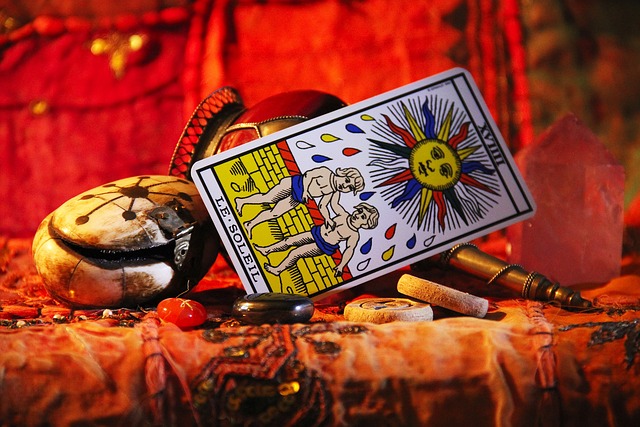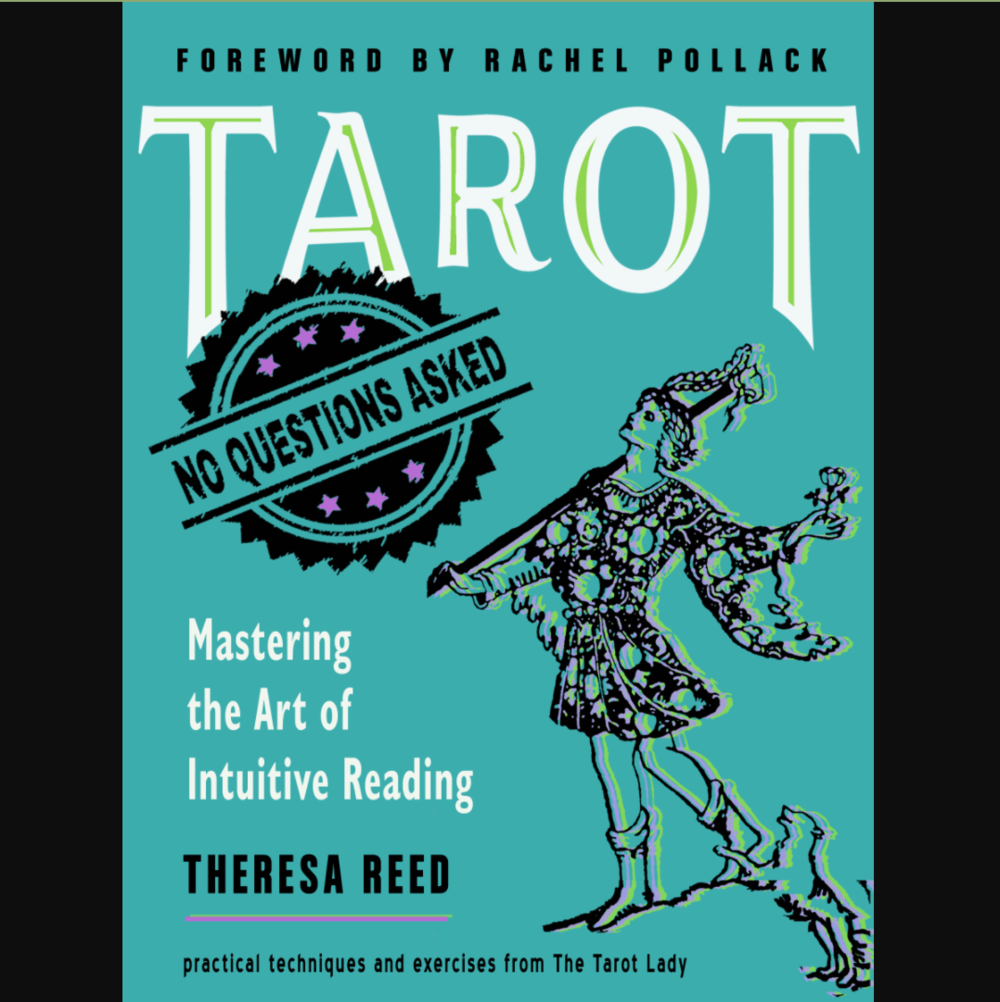
Fortune telling has been an integral part Chinese culture's history. Fortune telling is still popular even today in Mainland China, Hong Kong, and other parts of China. Suan ming is the Chinese word for fortune telling. It literally means "fate calculation."
Fortune telling is used for Chinese people to get advice on their future. Fortune tellers claim they can predict the future and have the ability to see the future. This kind of fortune telling does not have scientific support. Some critics believe that Chinese people may be more inclined to seek superstitions to solve their problems.
There are many methods for Chinese fortune telling. Bazi is the most well-known method. It is based upon the Heavenly Stems calendrical system. Heavenly Stems' concept is that each month has a single character, which can be used as a predictor of the person's future. This is also known by the Four Pillars of Destiny.

Another popular method for determining bone mass is the bone weight method. It is based on the person's bone weight that a fortune teller uses to determine their fate. In certain cases, the fortune teller may recommend external supplementation. In other cases, they will use deductions based on the appearance of the person. To predict the future, Chinese people used their palm prints for centuries. In recent years, AI-based palm reading services have been introduced on WeChat. These services are not authorized by the government. This makes predictions less credible, particularly for younger generations.
Another popular form is Mian Xiang or face reading. It involves examining the facial features of a person to make predictions. For example, the upper portion of the forehead represents youth while the middle area represents middle age. The lower part represents old age. A physiognomer uses a pattern of the face to predict a person’s career, wealth, or other important information. In the book "Shifu Meets a Friend at Tanque," written by Feng Menglong, a physiognomer read Peidu's face and predicted his career path and wealth.
Another method of fortune telling in China is the Four Pillars of Destiny. The Chinese believe that the date of birth determines the quantity of five essential elements in a newborn. A deficiency in one of these elements can lead to misfortune. The Five Elements Theory also helps to predict one's future career and family outlook.
Fortune telling is still practiced in Mainland China as well as Hong Kong and Taiwan. The Chinese fortune-tellers can give you a roadmap that will guide your life. You can also harness the energy of your destiny with their help. Master Chinese fortune tellers are also life coaches, psychologists, and behavioral scientists.

Many Chinese are also obsessed in luck numbers and auspicious date. Entrepreneurs and businessmen often consult fortune tellers in order to plan important events or set wedding dates. In addition, many Chinese have talismans to help them with their daily lives.
FAQ
What are observation hobbies?
Observation hobbies involve watching people do the things they love. These hobbies could include reading books, watching sports, or going on vacation. It could also include observing others.
Because they teach you how to think creatively, observation hobbies are great. This knowledge will be useful later in your work for others and yourself.
You'll discover that it's easier to learn if there's a passion for something.
For example, if you want to know more about football, you may watch a game or read a book about it. If you want to learn more about photography, you could take or visit exhibitions.
If you love to play music, there are two options: either buy a new guitar online or follow along with the songs.
You can cook your own meals, or you could go to a restaurant.
If gardening interests you, you could plant vegetables or flowers.
If dancing is something you enjoy, join a dance class.
If you love painting, you can paint pictures.
Write poetry and stories if that is what you love to do.
You could also draw pictures if you enjoy drawing.
If you have a passion for animals, you might be able to look after them or work in a zoo.
You could choose to study biology, maths, chemistry, or physics if you are interested in science.
History is something you might enjoy if you read books, watch movies, or listen to podcasts.
You could explore the world or travel to places you love if you are a lover of traveling.
What are your competitive hobbies?
Running, swimming, cycling and tennis are all competitive sports.
They're a great way to get social interaction and are enjoyed by those who love physical activity.
If your hobby involves physical activity, you will likely find other people who share it.
This could be as simple as joining a sports club where you play regularly together.
You can also participate in team games where you play alongside others.
These include: football (soccer), soccer, cricket, netball.
There are many types and levels of competition.
Some competitions are organized for purely recreational purposes.
Others are designed for competitors to prove their skill.
Others are also designed to reward exceptional performance.
In these cases, the winners receive prizes.
Other competitions test strength and endurance.
These are endurance events.
For example, marathon races, triathlons, Ironman Triathlon, etc.
Before competing in these events, athletes train hard.
To prepare them mentally and physically, they will be following a strict training regimen.
They may also need to spend some time away from home during preparation.
It is important to remember, not all athletes will compete in every type and event.
What are collection hobbies?
The most loved collections include books, movies and music.
You can also find stamps, coins, cars and dolls as well model kits and figurines.
I think you get it.
What are some hobbies that you like?
Hobby Ideas for People who Love to Learn and Teach Others.
Hobbies are great ways to spend time doing what you enjoy while learning something new at the same time.
There are many kinds of hobbies. However, all have the same characteristics. They're often fun and easy to do.
They often involve helping others, such as teaching an instrument to someone or building an airplane model.
You might not think about yourself as a teacher, but chances are there's something you could do to help someone else learn.
If you are looking to become more creative in your daily life, you might consider starting a hobby that allows you to share your talents with others.
Can I make money from my hobby?
You can make extra money by taking up hobbies.
You might consider selling items that are related to your hobby if you are passionate about it.
For example, if you collect stamps, you may want to set up a website selling rare stamps.
This allows you to make additional income, without having the hassle of actually purchasing and selling stamps.
Another option would be to create a YouTube channel where you talk about your hobby.
This allows one to share their passion with others, potentially generating additional revenue through the offering of premium content.
What is a good hobby for kids?
Hobby for children is anything they enjoy doing outside of work. You might find them interested in drawing, building things, painting, writing stories, playing with toys, listening to music, reading books, watching TV, and playing computer games. They may also like to play soccer, football, basketball, cricket, rugby, baseball, and hockey.
Many parents worry that their children will get into trouble if they're allowed to do whatever they want. This isn't necessarily true, though. If your child is safe and doesn't cause harm to themselves or anyone else, they won't get into trouble.
It is important to remember that people may not always choose to do what they enjoy. If they don't like writing but love drawing, they might choose to draw images instead.
There are many hobbies available, so you can choose the one you like best.
Statistics
- The Role of the Mind in Sex, Dating, and Love: Men in the “humor” condition received phone numbers from 42.9% of the female participants and were refused 57.1% of the time. (time.com)
- I am 100% biologically a woman (discover.hubpages.com)
- Much of this decline reflects the fact that teens are less likely to work today than in the past; among employed teens, the amount of time spent working is not much different now than it was around 2005. (pewresearch.org)
- A new survey by Pew Research Center of teens ages 13 to 17 finds that 36% of girls feel tense or nervous about their day every day; 23% of boys say the same. (pewresearch.org)
- Studies show that just six minutes of reading can reduce stress levels by 60 percent. (oberlo.com)
External Links
How To
How to Find the Right Hobby
You might be able tell if your hobby suits you by asking yourself questions.
-
Do I enjoy doing it?
-
It gives me pleasure?
-
Is this something I'd like to do even as I age?
-
What are my strengths?
-
Do I have any ideas?
-
Would I recommend this to anyone?
-
Will it bring me happiness?
-
Will it help me to relax?
-
Is it going to make me feel better?
-
Can it help me to develop skills that I can apply later in my life?
-
It could allow me to make new friends.
-
Will it allow me to express my creativity?
-
Do I have the opportunity to learn something new?
-
Is it going to give me the confidence?
-
It will give me a feeling of achievement.
-
It will it bring you financial success?
-
It will allow me to travel.
-
Is it possible to go on new adventures?
-
It will encourage me to exercise.
-
Will it inspire me to work harder?
-
Is it going to motivate me?
-
Are there activities I might not consider doing?
-
It will challenge me.
-
It will be entertaining.
-
Is it going to keep me fit?
-
Is it possible to save money?
-
Is it likely to reduce stress?
-
Is it going to stop me from getting bored?
-
It will free me up to do other things.